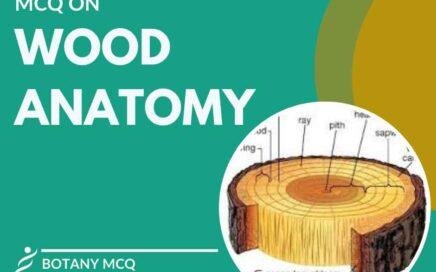
MCQ on Wood Anatomy
Wood anatomy is the study of the structure and organization of wood tissues. It includes examining cells like vessels, tracheids, fibers, and rays that form […]

Wood anatomy is the study of the structure and organization of wood tissues. It includes examining cells like vessels, tracheids, fibers, and rays that form […]

Synthetic biology is an interdisciplinary field that applies engineering principles to design and construct biological systems with novel functions. It involves DNA synthesis, genetic engineering, […]

Bioinformatics emerged in the 1960s, integrating biology and computer science to analyze biological data. Early efforts focused on sequence analysis. Advances in computing power and […]

Computational biology is an interdisciplinary field that applies computational methods to analyse biological data. It involves mathematical modelling, data analysis, and simulation to understand complex […]

BLAST (Basic Local Alignment Search Tool) is a widely used bioinformatics tool developed by the National Institutes of Health (NIH) for comparing biological sequences against […]

Bioinformatics is an interdisciplinary field that combines biology, computer science, and statistics to analyse and interpret biological data, particularly large datasets like DNA sequences. It […]

Whole genome sequencing is a process to determine the complete DNA sequence of an organism’s genome. It provides insights into genetic variations, mutations, and diseases, […]

Sequence alignment techniques involve comparing sequences to identify similarities, differences, and evolutionary relationships. Pairwise alignment aligns two sequences, while multiple alignment aligns three or more. […]

Pairwise sequence alignment compares two sequences to identify similarities and differences, crucial in understanding evolutionary relationships and functional similarities. Algorithms like Smith-Waterman and BLAST are […]